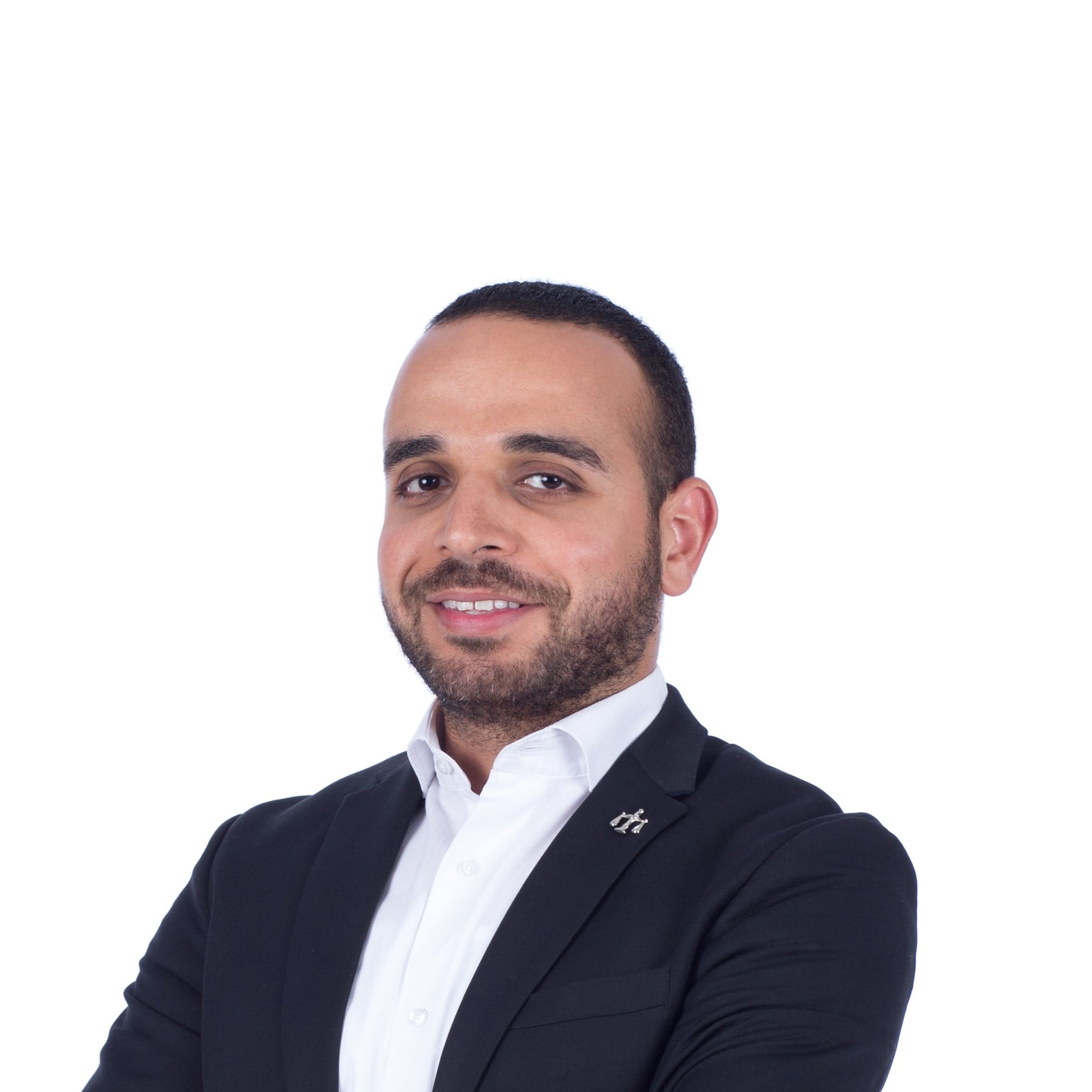Manage energy efficiently
Cost savings through efficient energy policy
Transparent, optimizable energy flows
Improved energy balance and climate protection
Benefit from subsidies or tax relief, where available

How does ISO 50001 define energy management?
There are three necessary components for successful energy management: systematic recording of energy flows, energy evaluation, and suitable monitoring mechanisms. When implementing ISO 50001, it is your organization's job to customize the requirements in the field of energy management to your own needs, to execute measures in a targeted manner, and to continuously improve them.
The current ISO 50001 standard was published in 2018 and can be purchased at the ISO store. Like all familiar ISO management standards, it is based on the PDCA cycle (Plan, Do, Check, Act) and the High Level Structure. This ensures a high degree of compatibility with other ISO standards, for example ISO 9001 (quality) or ISO 14001 (environment). An integrated management system allows synergies to be exploited and cross-regulatory requirements to be implemented jointly.

Is ISO 50001 suitable for my company?
ISO 50001:2018 is flexible enough to be applied to any industry. For energy-intensive companies, it is even more beneficial to implement a management system that follows ISO 50001. A formal energy management system can help a company meet improvement goals and manage the legal requirements associated with their operations.

How would my organization benefit from an ISO 50001 certification?
For companies that achieve certification, the international standard provides even more competitive advantages:
- Continuous improvement of energy-related performance
- Constant monitoring of energy flows
- Systematic reduction of energy consumption and costs
- Consistent compliance with legal requirements
- Permanent reduction of greenhouse gas emissions
- Reduced dependence on energy imports
- Recognized basis for possible tax incentives

What strategic goals can be pursued with ISO 50001?
What advantages could your company gain?
Cost savings
- Determine what type of energy is being used, where, and to what extent.
- Set up controls to manage energy use.
- Identify areas of energy waste.
- Improve your procurement procedures.
Reputation
- Position yourself with an ethical and credible image.
- Reduce your CO footprint.
- Improve your competitiveness.
- Open up new markets.
Conform with legal requirements
- Comply with all legal requirements relevant to your organization.
- Avoid fines and reduce insurance premiums.
- Provide relevant legal information to your employees and stakeholders.
- Prepare for changes in the law and take advantage of potential tax incentive schemes.
Continuity
- Inform yourself about alternative energies.
- Get an overview of the national energy market.
- Utilize renewable energies.
- Act in a permanent energy saving manner.

Who is authorized to conduct an ISO 50001 certification?
The ISO 50003:2016 standard specifies - in addition to the requirements of ISO 17021 - requirements for competence and impartiality in auditing and certification of energy management systems for certification bodies. To provide assurance to companies seeking certification and to ensure the effectiveness of EnMS audits, the accreditation standard addresses the audit process, requirements for a certification procedure, audit duration, and multi-site sampling.
As such, the requirements of ISO 50003 indirectly affect your company, particularly in determining audit duration and providing evidence of continuous performance improvement. Evidence of energy-related performance improvement must also be provided in accordance with ISO 50003 certification criteria.

What are the steps to get ISO 50001 certified?
In the first step, you discuss your company and the goals of ISO 50001 certification with us. Based on these discussions, you will receive an individual quote customized to the needs of your company or organization.
A gap assessment also offers the opportunity to identify potential for improvement as well as strengths of your energy management system in advance. This service is completely optional.
Certification starts with an analysis and evaluation of your management system. In this stage 1 audit, your auditor determines the level of readiness for the stage 2 certification audit. Next, your auditor evaluates the effectiveness of the management processes on site. In a final meeting, you will receive a comprehensive presentation of the results and possible opportunities for improvement for your company. If necessary, action plans are agreed upon.
After the EnMS audit, the results are evaluated by the independent certification group at DQS. If all standard requirements are met, you will receive the ISO 50001 certificate.
To ensure that your company continues to meet all the important criteria of ISO 50001 after the certification audit, we conduct surveillance audits on an annual basis. With this, the continuous improvement of your energy management system and your business processes is regularly checked.
The ISO 50001 certificate is valid for three years. DQS starts the recertification process prior to expiration to ensure that all the requirements of the certification continue to be met. If the requirements are met, a new certificate is issued.

What does ISO 50001 certification cost?

Why you should choose DQS
Energy management system according to ISO 50001
What is an energy management system according to ISO 50001? Why is it meaningful and what are the benefits for you? Read more about the advantages a certified energy management system can provide to your organization in this blog post by DQS' Product Manager for i.a. ISO 50001, Tyrone Adu-Baffour.

